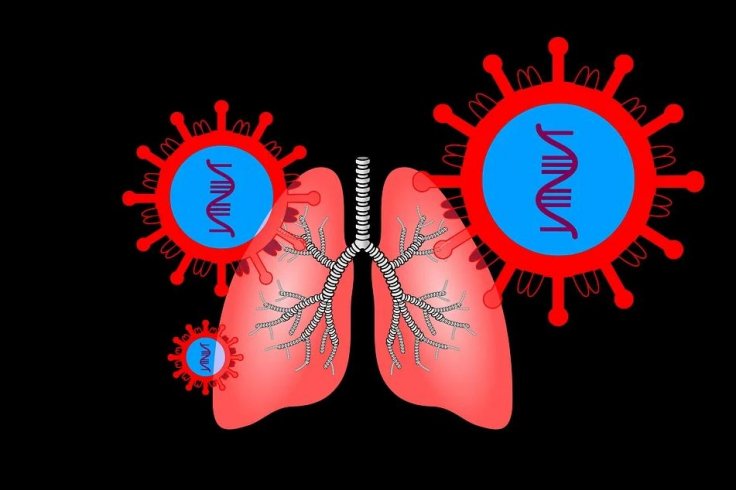The immune system of the body responds to viral infections by the action of signaling proteins such as interferons and cytokines. However, as observed in patients with COVID-19, they can cause damage to the lungs. A new study suggests that a type of interferon known as Interferon III or interferon lambda (λ), which has seen widespread trials for the treatment of the coronavirus, can expose the lungs to "superinfections".
According to the study, there is evidence that the risk of contracting life-threatening infections can increase due to Interferon III. Superinfections can be found both in patients with both influenza and COVID-19. The researchers warn that treating individuals in the advanced stages of the disease using interferon III can harm their lungs greatly.
"Our data indicate that SARS-CoV-2 inhibits interferon production in the upper airways, weakening the immune response and helping the virus survive. But when the virus reaches the lower airways, there is an exuberant immune response, including upregulation of type III interferons that we think is harmful," Ivan Zanon, senior author of the study, said.
Increased Risk of Lethal Infections

The researchers tested samples from patients suffering from healthy controls and severe COVID-19. They found that the level of Interferon III was not elevated in the nasopharyngeal swab samples of patients. However, there was a marked increase in the level of the molecule in their lung fluids.
Following this, the team exposed mice to a synthetic RNA to replicate the effects of the infection in the lower airways of the lungs. It was found that there was a notable increase in the levels of Interferon III in the lungs of the mice when compared to the control mice. Also, the continued production of the signaling molecule inhibited the maintenance of the lungs' protective surface barrier.
As a result, the mice became exposed to a larger risk of contracting deadly Staphylococcus aureus infections. Further experiments revealed that the amount of the lethal bacteria was higher and the mortality rate increased in the infected mice when compared to the control mice.
Understanding The Production Process

According to Zanoni, during the early phases of the infection, when the pathogen infects the upper airways, intervention using recombinant interferons and other antivirals may be crucial.
However, as the infection progresses and the inflammation increases in the lower airways, blocking the signaling effect set-off by interferons may become important. This can be accomplished using anti-inflammatory drugs. "There's still a lot to understand, but it looks like location and timing of interferon production are key," Zanoni concluded.









